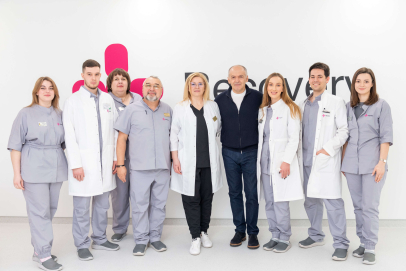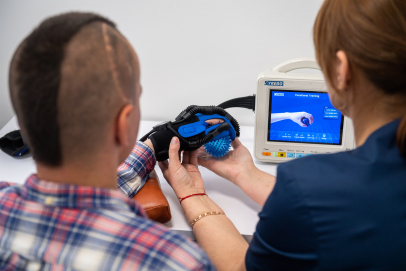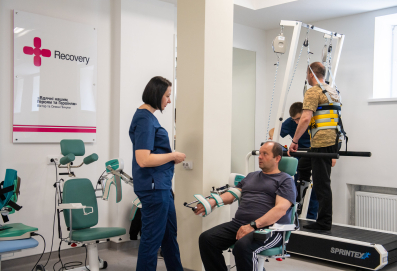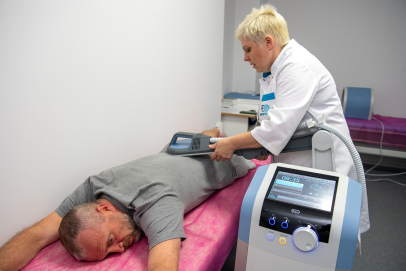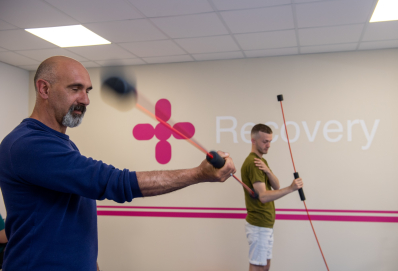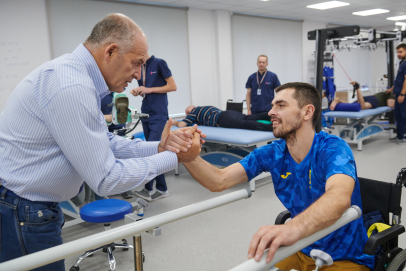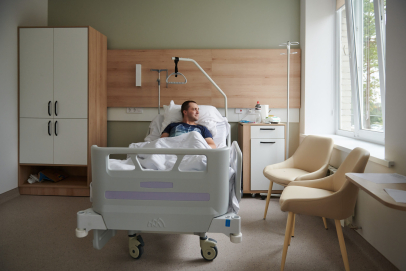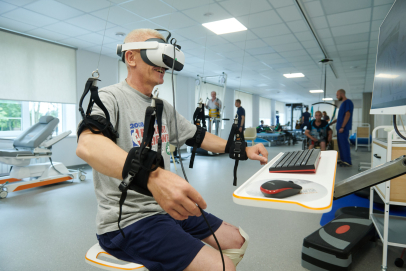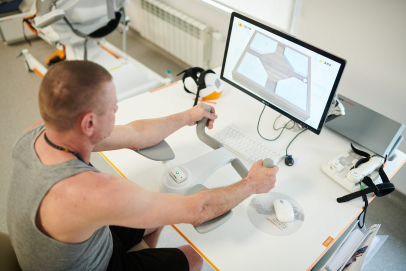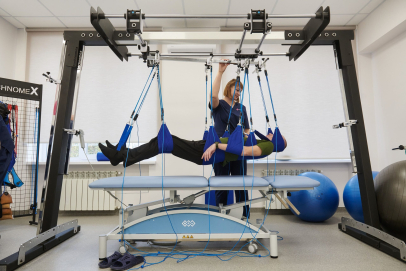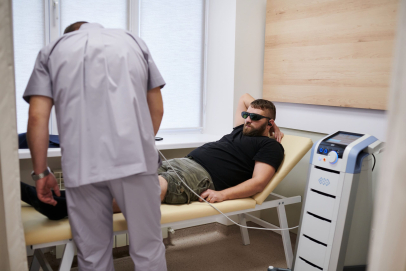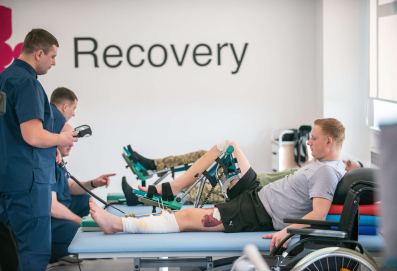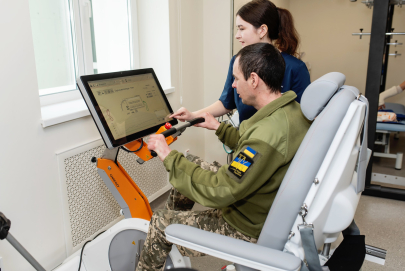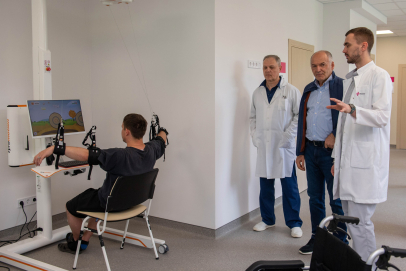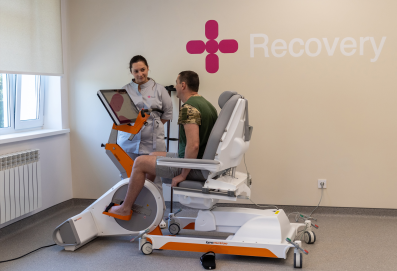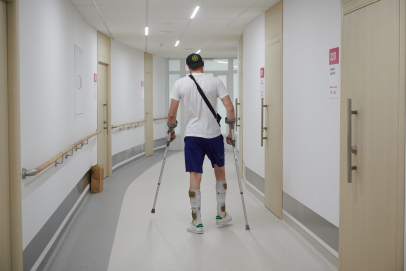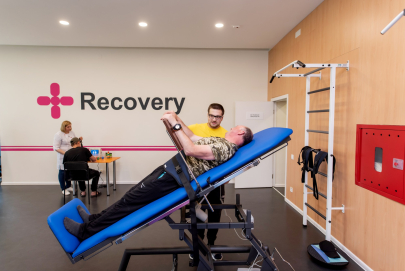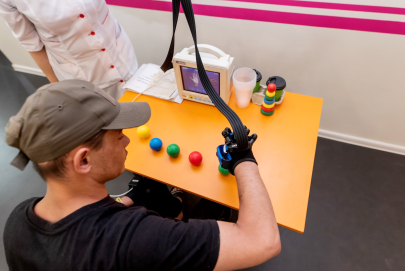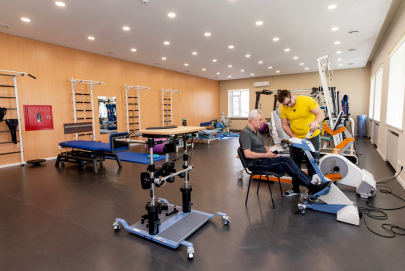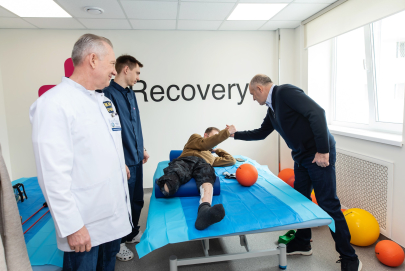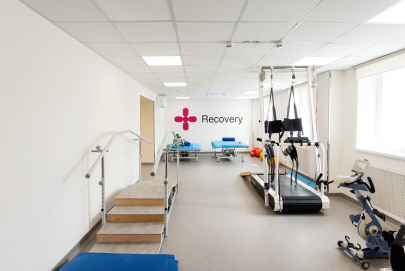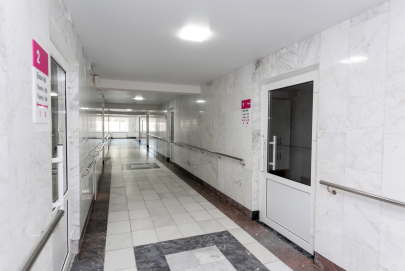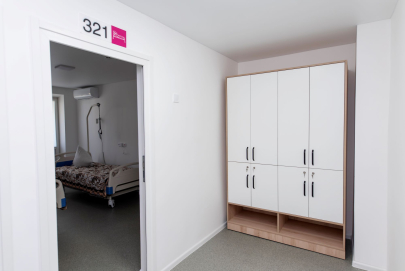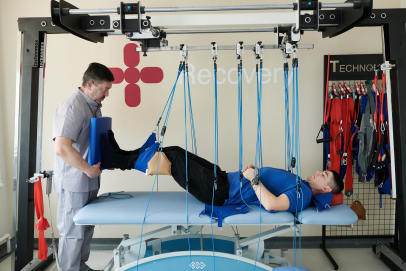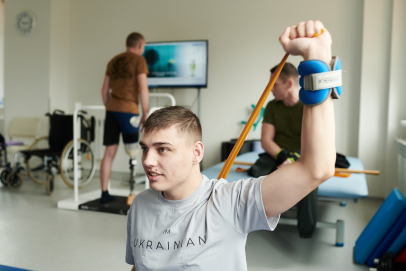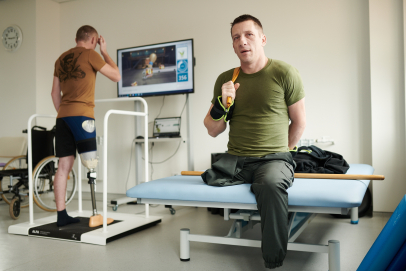Press-releases
Europeans & Ukraine’s Membership of the European Union
 January, 2007
January, 2007
Though it lacks official status as a candidate country, many observers are of the view that the Ukraine will, one day, also join the EU. This forms the context to Yalta European Strategy's third survey of the opinions of Europeans and the Ukraine's membership of the European Union. This follows on from two surveys on the same theme, carried out in March and November of 2005.
Public opinion on Ukraine's EU membership has become more clearly defined. 55% of all respondents in Germany, France, Italy, Spain, Poland, and the UK say that they would be in favour of Ukraine joining the EU - should it meet all necessary conditions - with around a third (34%) saying they would be against and 10% unable to form an opinion. Support has increased since November 2005 (by +4%), with the opinion becoming more delineated and fewer respondents giving a 'don't know' answer. The youngest generation are particularly enthusiastic towards Ukrainian membership, with 63% of those aged between 18 and 30 in favour. Polish opinion remains the most favourable towards this particular accession. At 73%, the level of public support here has increased by 9% since November 2005. Opinion is more favourable towards the potential accession of Ukraine (55%) than it is towards those of Russia (45%), Turkey (40%) and Morocco (35%).
Although the highest level of opposition is seen in Germany (50% against), the highest increase of opposition can be observed in the UK, where now 10% more are against the Ukrainian membership. However, the noted increase in opposition to Ukraine joining seems to be more due to a general trend in opinion in the UK against further EU enlargement.
The vast majority seems of the view that Ukraine's entry to the EU is inevitabile. Only 9% of the respondents say it will never happen.
Compared to November 2005, public opinion now envisions that Ukraine's accession has moved closer. The majority (59%) believe that Ukraine will join in around 10 years' time the latest (around 5 years, 26%; around 10 years, 33%). Only a small proportion foresee the accession process taking place more slowly (15 to 20 years,14%), although it should be noted that almost 1 in 5 (18%) lack a clear opinion. The Polish public is most likely to see enlargement as happening within five years (37%), with the French public least likely (18%).
Younger respondents are more enthusiastic towards Ukrainian membership: 7 in 10 of those aged between 18 and 30 say that this will happen in around 10 years or sooner.
The majority of respondents in the EU believe the EU should take a proactive approach to Ukraine. Over half (52%), say that they think the EU should acknowledge Ukraine's eventual future lies within the EU, with a view to encouraging the internal reforms necessary to opening negotiations in the future. This view is shared by 7 in 10 (69%) of those who favour Ukraine's accession.
26% favour a more passive 'wait-and-see' policy, giving the Ukraine no signs as to future possibilities. Less than 1 in 10 (9%) would rather open negotiations immediately. This figure remains low (14%) amongst those who favour Ukrainian accession, indicating that even here there is strong recognition of the need for reforms to take place before formal talks can commence.
Technical Note
In late December 2006 and January 2007, the research institute TNS Opinion conducted - on behalf of Yalta European Strategy - a survey on 'Europeans and the accession of Ukraine to the European
Union'. For this survey, interviews were conducted in the six most populous countries of the European Union (Germany, Spain, France, Italy, the United Kingdom and Poland) as well as in
Ukraine itself. The sample in each country was designed to be nationally representative, with around 1000 interviews in each country (1500 in Spain). Quotas were used in all the countries, except in
Poland, where respondents were chosen randomly, using a random route. Extra interviews were conducted amongst 18- 30 year olds, in order to allow for a more detailed analysis concerning this group, amounting to around 300 young respondents in each country.

































